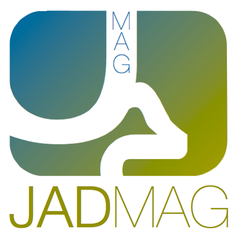The Afterlives of the Algerian Revolution
Edited by Muriam Haleh Davis 
E-version: $3.49
Paperback: $5.99
Combo: $7.99
In July 2012, Algeria celebrated its 50th anniversary of independence, which signaled the victory of the FLN (National Liberation Front) over the French army. Despite five decades of Algerian independence, much of the work done on Algeria continues to focus on the colonial period. This pedagogical publication seeks to interrogate Algerian history since 1962 and considers how the revolution unleashed multiple socio-political dynamics that continue to mark contemporary Algeria.
These articles demonstrate that the revolution was not merely a historical bookmark, but rather produced repertoires of contestations, ideas about a “social contract,” and served as the basis for legitimacy that could be later “confiscated.” They also speak to a historiographical concern: by seeing 1962 as either the beginning or end, is the periodization of professional historians not in an unsettling convergence with the official narrative of the FLN? In posing this question, this pedagogical publication also unpacks the FLN as a constructed artifact that has seen many avatars since 1962 – from Ben Bella’s first breathy experiences with a “specifically Muslim” form of socialism, to the hide tide of state centralization and Third-Worldism under Boumediene, to a time of economic liberalization that opened the way to the violence of the 1990s, and finally to the period of a multi-party system that uses international credibility as a substitute for genuinely democratic practices. As Algerian president Abdelaziz Bouteflika runs for a controversial fourth term as president in April 2014, these articles offer a timely view into the historical construction of the Algerian state since 1962.